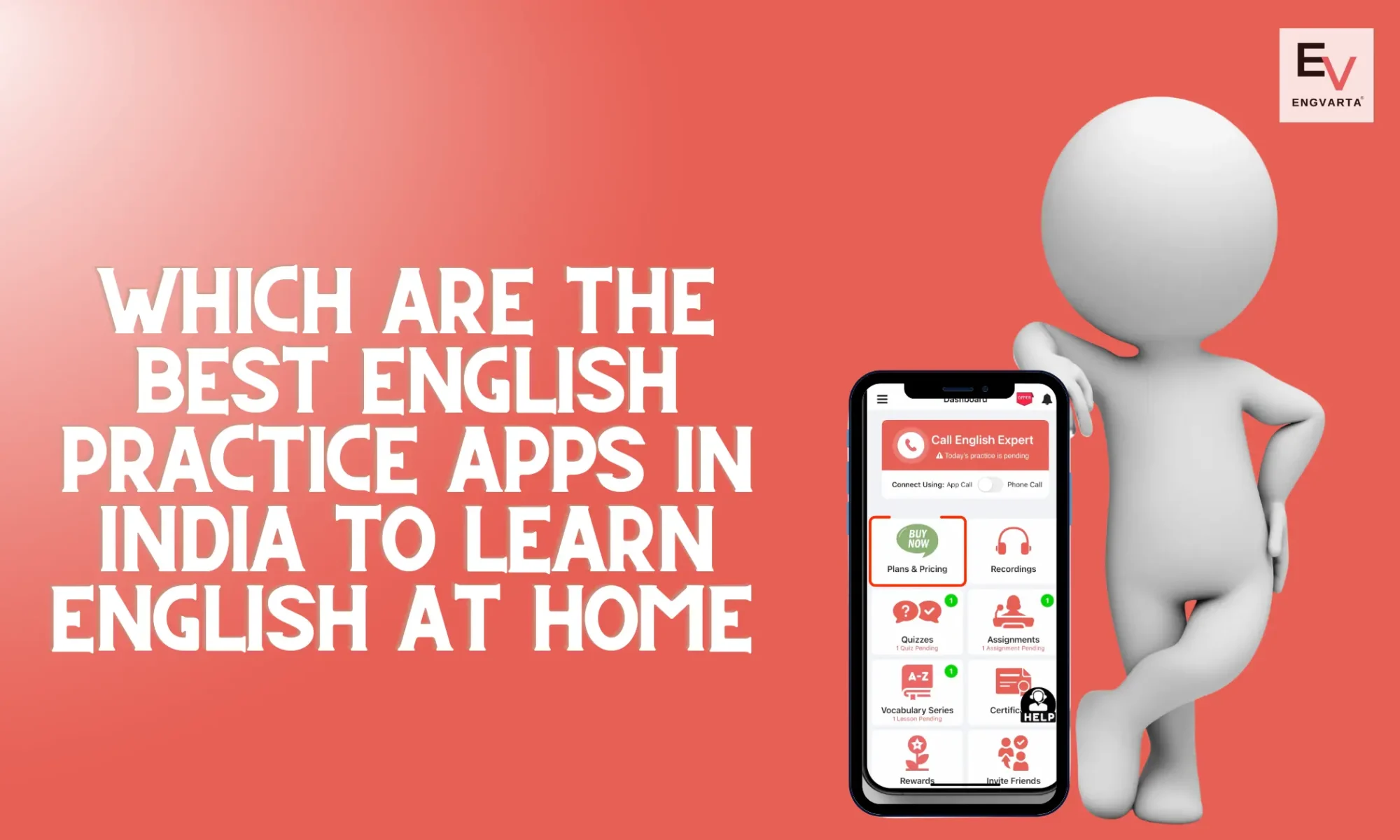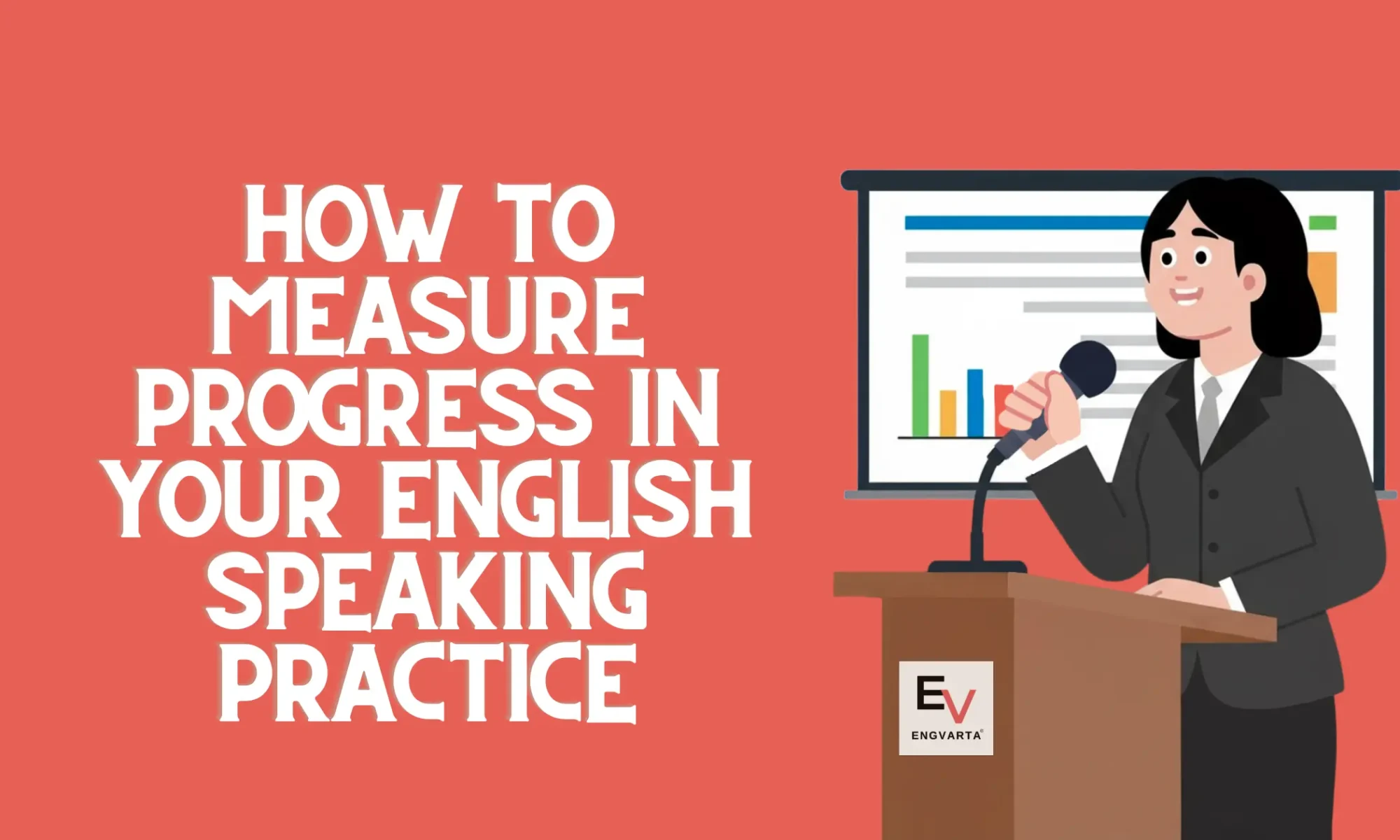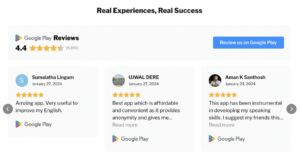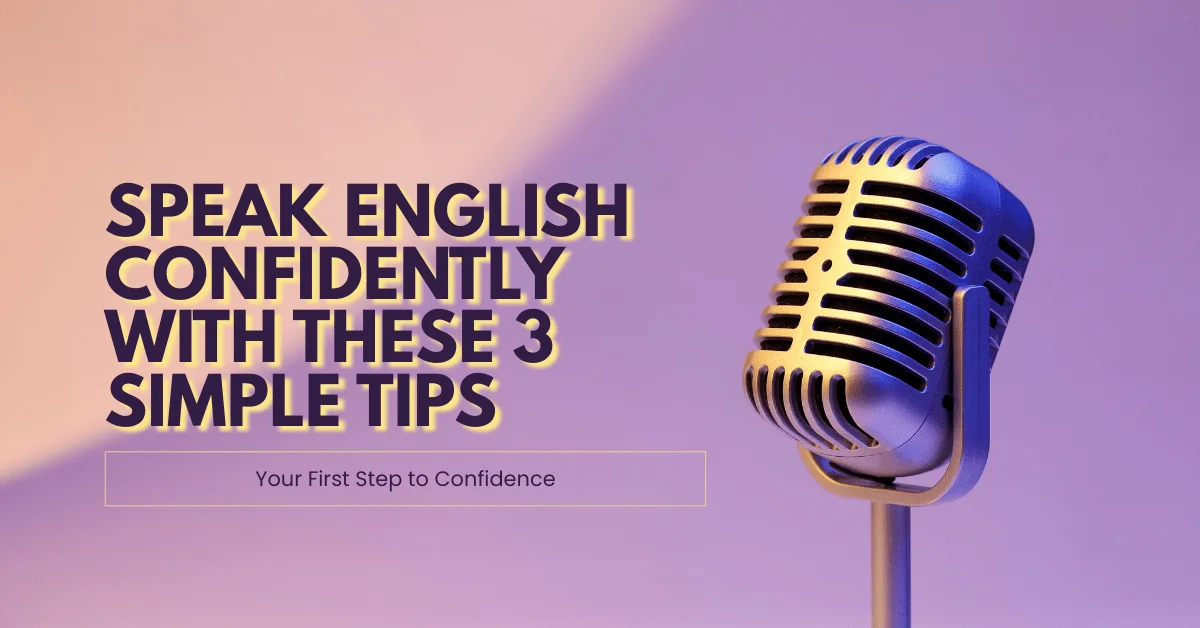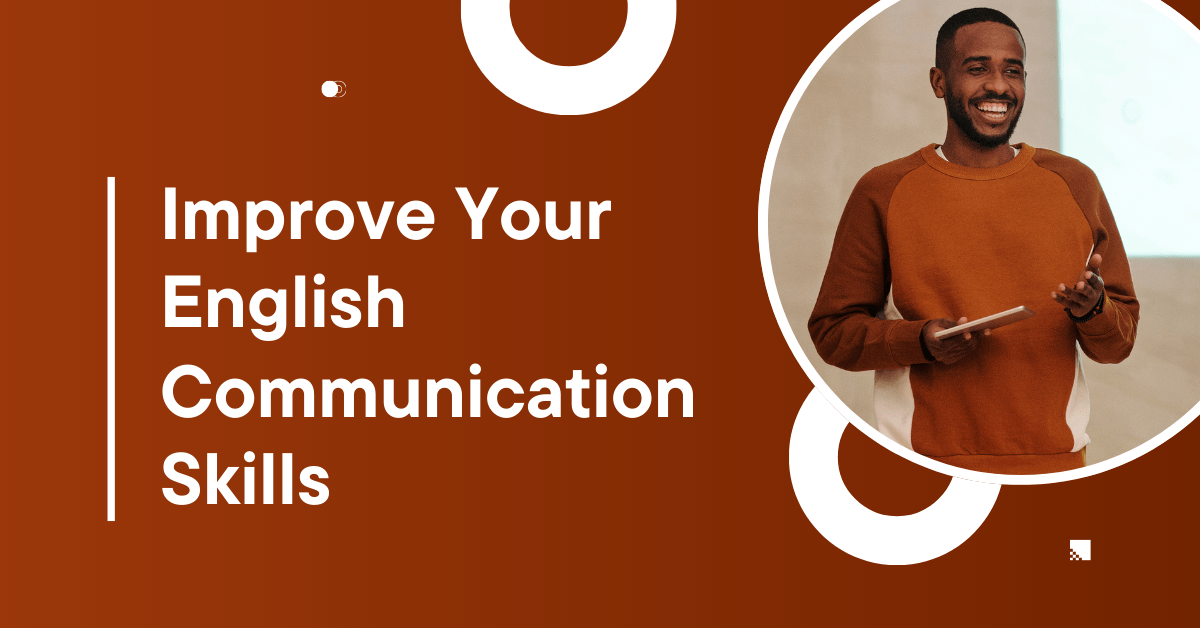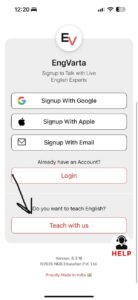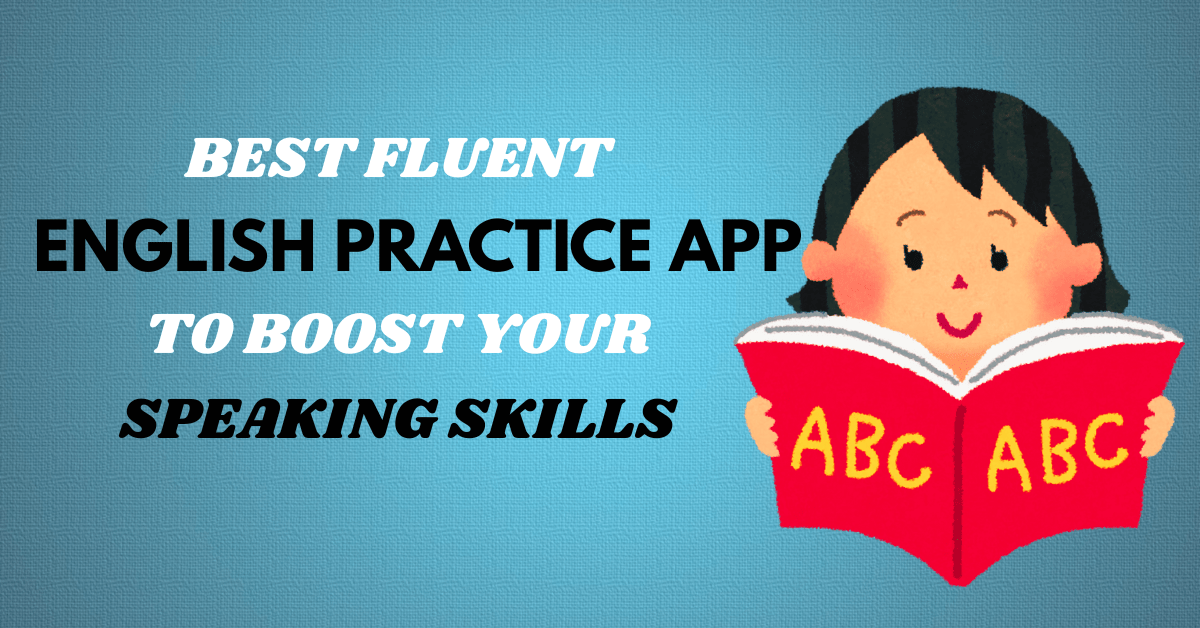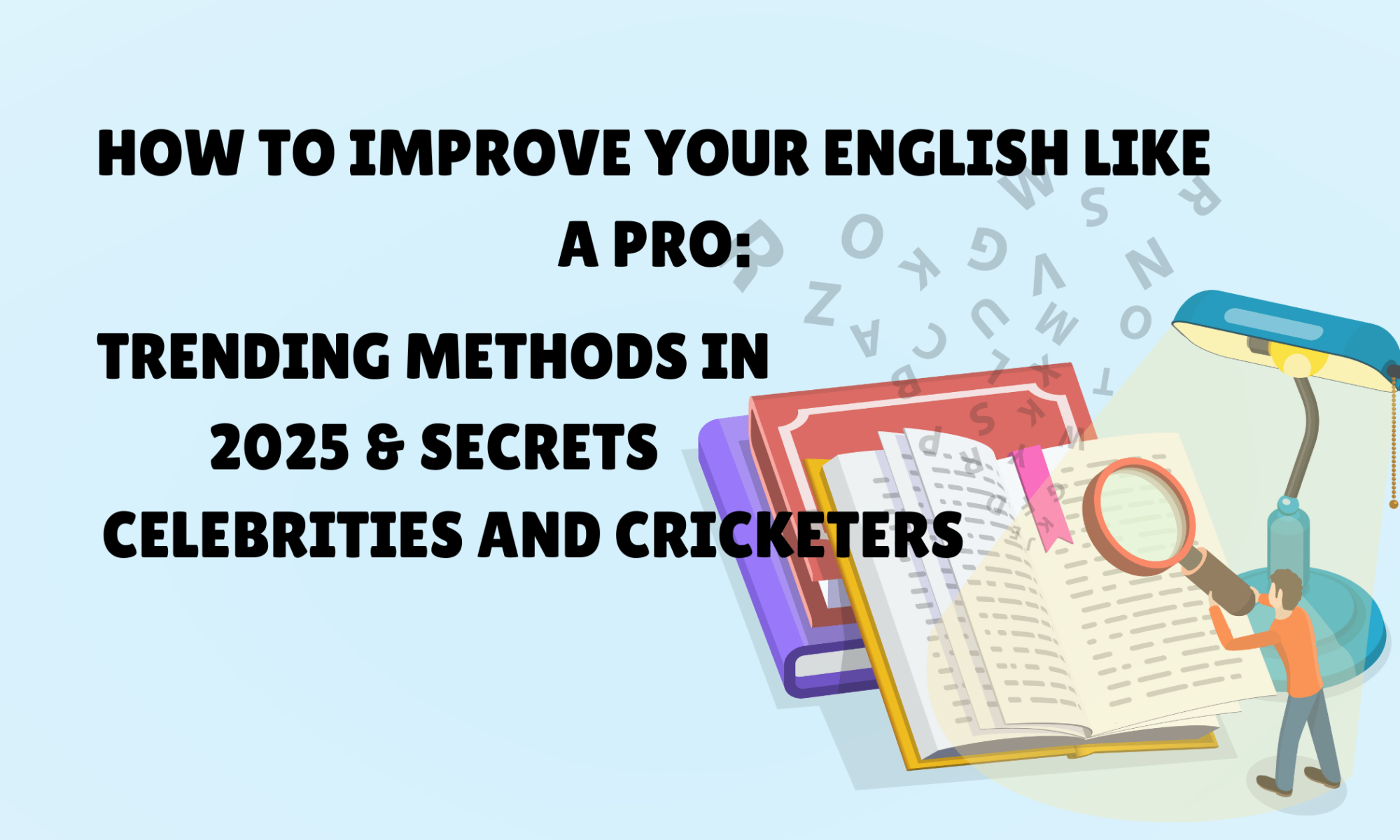In our experience helping thousands of Indian professionals, we’ve realized one hard truth: you can’t “study” your way to fluency. You have to “speak” your way there.
By 2026, the digital landscape has shifted. While AI tutors are everywhere, the demand for authentic, human-to-human connection has skyrocketed. If you are a student preparing for placements or a professional eyeing a promotion, choosing the right English practice apps in India is the single most important investment you’ll make this year.
In this guide, we’ll break down the top-tier platforms that actually work in the Indian context, moving beyond gamified streaks to real-world confidence.
The 2026 Shift: Why “Human-Centric” Learning is Winning
We’ve found that “Generative Fatigue” has hit the learning industry. While 2024 and 2025 were dominated by basic AI tutors, 2026 is the year of the “Human Touch.” You can chat with a bot for hours, but the adrenaline, social cues, and emotional intelligence of a real conversation cannot be replicated by an algorithm.
For most Indian learners, the primary hurdle isn’t a lack of knowledge—it’s Mother Tongue Influence (MTI) and the Fear of Judgment. We believe that true fluency is a performance skill. This is why the best English practice app in India today is one that places you in a safe, judgment-free environment with a real person who understands your cultural context.
Which are the best English practice apps in India for 2026?
The best English practice apps in India for 2026 are EngVarta App (for live 1-on-1 expert practice), ELSA Speak (for AI-driven pronunciation), Duolingo Max (for vocabulary basics), and Josh Skills (for structured regional-to-English courses). For career growth, EngVarta remains the gold standard due to its focus on human-led conversation.
1. EngVarta : The Leader in Human-Centric Fluency
If you’ve ever felt your throat tighten during a meeting, you know that AI can’t help you overcome “performance anxiety.” This is where EngVarta excels. Unlike other English learning apps for adults, EngVarta connects you with live English experts over a simple phone call.
- Why it works : It’s anonymous. You don’t have to worry about how you look on camera. You just talk.
- The 2026 Edge : In an era of deepfakes and AI bots, EngVarta’s commitment to “100% Human Mentors” makes it the best English speaking app for those who need to navigate real office politics, client calls, and cultural nuances.
- Best for : Working professionals, job seekers, and advanced learners who want to remove “Mother Tongue Influence” (MTI).

2. ELSA Speak : The Pronunciation Specialist
ELSA (English Language Speech Assistant) uses advanced GEO-integrated AI to listen to your accent. It’s a great best English speaking app if your goal is to sound more neutral or global.
3. Duolingo Max : The Consistency Builder
For absolute beginners, Duolingo remains a top best English learning app. In 2026, its “Max” tier offers AI-generated roleplays that help you practice basic scenarios like ordering coffee or booking a flight.
Comparison of Top English Practice Apps in India (2026)
| Feature | EngVarta | ELSA Speak | Duolingo |
| Primary Method | Live 1-on-1 Human Calls | AI Voice Recognition | Gamified Lessons |
| Focus Area | Fluency & Confidence | Pronunciation/Accent | Vocabulary & Grammar |
| Ideal User | Professionals/Job Seekers/Students/Beginners | Students/Global Travelers | Absolute Beginners |
| Human Interaction | 100% (Real Experts) | 0% (Pure AI) | 0% (Pure AI) |
| Anonymity | High (Voice Only) | High | High |
| Effectiveness | High for Career Growth | Medium for Fluency | Low for Conversations |
2026 Pricing Comparison: The Cost of Fluency in India
When choosing the Best English Practice App in India, budget is a major factor. In 2026, pricing has shifted toward subscription models that include AI-human hybrid features.
| Platform | Entry Price (Approx.) | Plan Type | Best Value |
| EngVarta | ₹2,500 – ₹4,500/mo | Live 1-on-1 Sessions | Unlimited/Daily Plans |
| ELSA Speak | ₹1,200/mo | AI Premium | Annual Subscription |
| Cambly | ₹3,200/mo | Private 1-on-1 | Quarterly Billing |
| Duolingo Max | ₹580/mo | AI Gamification | Family Plan |
Ready to transform your fluency?
Start your journey with the best English speaking app today.
👉 Download EngVarta – Your Personal English Expert
Android : Download the App on Google Play
iOS : Get the App on App Store
Why is one-on-one English practice better than AI-only learning?
One-on-one English practice is superior because it addresses emotional intelligence, cultural nuances, and real-time adaptability—areas where AI still struggles. Human mentors provide empathy and personalized feedback on tone and confidence, which are critical for professional success in the Indian corporate sector.
The Limitation of “Bot” Learning
We’ve found that many learners get “addicted” to AI apps because they feel safe. However, that safety is a trap. AI doesn’t get confused by your slang, it doesn’t challenge your logic, and it doesn’t help you handle the “dead air” in a real conversation.
The “EngVarta” Advantage in 2026
Using a best app for spoken English practice like EngVarta ensures you are practicing with someone who understands the Indian context. Whether you’re preparing for an UPSC interview or a tech round at a Bengaluru startup, a human mentor can tell you when your tone sounds too aggressive or too submissive—nuances an algorithm simply cannot catch.
How can I practice English at home for free using mobile apps?
To practice English at home for free, use HelloTalk for language exchange, watch EngVarta’s YouTube channel for daily tips, and use the free tier of English Conversation Practice. While free tools provide exposure, they often lack the structured feedback needed for rapid professional improvement.
Leveraging the “Freemium” Model
Many of the best English speaking apps offer free daily limits. For instance:
- YouTube is your classroom : Follow creators who specialize in Indian-English nuances.
- Shadowing Technique : Use apps like Cake to watch clips and repeat sentences. This is a powerful way to improve fluency at home without spending a rupee.
Why “Free” Might Cost You Time
In our expert opinion, “free” often means “unfiltered.” You might end up practicing with other learners who make the same mistakes as you. If you are serious about a best spoken English app, investing in a platform with certified experts (like EngVarta) saves months of trial and error.
What is the fastest way to become fluent in English at home?
The fastest way to fluency is the “15-Minute Daily Immersion” rule. Spend 15 minutes daily on a one-on-one English practice call, listen to one English podcast, and record yourself speaking for 2 minutes. Regularity surpasses fervor in language learning every single time
Step-by-Step Fluency Blueprint for 2026
- Morning (Input) : Listen to 10 minutes of BBC Learning English.
- Afternoon (Practice) : Use a best English speaking course online or a 15-minute EngVarta session during your lunch break.
- Evening (Review) : Listen to your recorded session. This “Feedback Loop” is the secret to 2x faster results.
How to choose the best English learning app for adults?
Adults should prioritize flexibility, privacy, and relevance. Choose an app that allows you to practice without a fixed schedule and focuses on “Functional English”—the language you actually use at work—rather than academic grammar rules.
The Busy Professional’s Dilemma
Most English learning apps for adults fail because they require too much time. You don’t need a 2-hour class; you need a 15-minute “fluency workout.” This is why EngVarta is a favorite in 2026—you can call an expert while commuting or between meetings.
How to Choose the Best English Speaking Course Online in India
When looking for the best English speaking course online, don’t get distracted by “certificates.” In 2026, recruiters value your ability to speak, not a piece of digital paper. Look for the “Three C’s”:
- Confidence : Does the course force you to speak 1-on-1?
- Correction : Is the feedback immediate and contextual?
- Convenience : Does it fit into a 9-to-5 lifestyle?
We recommend avoiding courses that focus heavily on writing and traditional grammar. Focus on apps that prioritize “Mouth Muscle Memory.”
Local Relevance: Mastering the Global-Indian Workplace
In 2026, “Indian English” is globally recognized, but “Neutral English” is what facilitates global mobility. Regional nuances—like the heavy ‘r’ in North India or the specific vowel elongations in the South—can sometimes lead to clarity issues on international Zoom calls.
The best English practice apps in India now prioritize MTI Neutralization. We suggest users start with a “Diagnostic Call” on EngVarta to identify their specific regional speech patterns before spending months on generic lessons.
The 2026 Fluency Blueprint: A Step-by-Step Guide
To achieve mastery this year, we recommend a Hybrid Strategy:
- Foundation (10 mins) : Use Duolingo to keep your vocabulary fresh and learn basic sentence structures.
- Precision (5 mins) : Use ELSA Speak to fix specific pronunciation “glitches” and neutralize your accent.
- Expansion (15–30 mins) : Use EngVarta to speak with a human mentor. This is the “heavy lifting” that builds real-world confidence.
- Review (Weekly) : Listen to your EngVarta recordings to track how your hesitation decreases over time.
Conclusion :
The “search” for the best app for spoken English practice ends with your goals.
- If you want to play a game, download Duolingo.
- If you want to fix your accent, use ELSA Speak.
- But if you want to change your life, get a promotion, and speak English with the confidence of a leader, EngVarta is your only real choice.
Frequently Asked Questions (FAQs)
|


